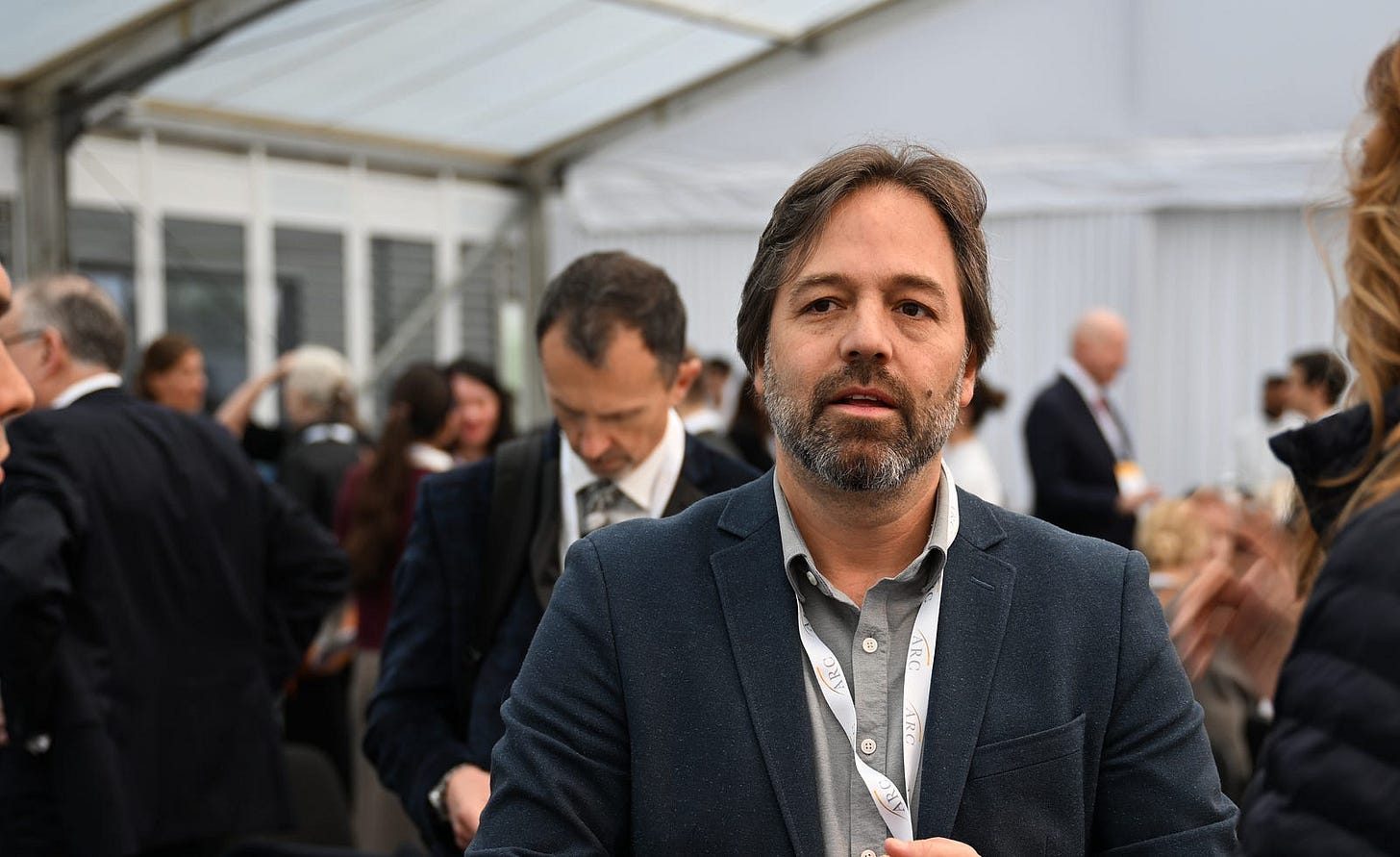
Hello everyone, the following is a brief dialogue I had with icon carver and YouTuber Jonathan Pageau about some of my contentions with his views. We get into epistemology and the nature of stories, it’s quite interesting and Jonathan suggested posting it, since it clarifies some of his positions against any misrepresentation that may attend my previous criticisms. So here it is. Jonathan began by sharing this article, which he said better represents his work. I suggested nothing in it contradicted my criticisms, we jump in here:
Jonathan Pageau:
It is important to understand that I am not against even the most modern historical methods, nor against modern cosmologies or scientific processes and discoveries. I am discussing mostly priorities of worlds, that the phenomenological and “story” world primes on the analytic and forensic. Even in the case of Christ. Of course I think the events described in the Bible happened, but if you come to the conclusion that Jesus necessarily went up like a rocket into the atmosphere in the same way a Spacex launch goes, and so must be hanging out on the moon somewhere, then you have mistaken the priority in interpretation, and what you have deemed the “metaphorical” reading of Genesis 1 will suddenly reassert itself as the most relevant and important reading of that text. At some point you will come to see that the so called “metaphorical” reading of Genesis 1 is actually the most important point of view for understanding all the Bible, from the garden as a mountain, to Jacob’s ladder, to the ascent of Moses up the mountain, the ascent of Elijah into Heaven, The Son of Man in Heaven, the Heavenly Father, the Jerusalem that comes down from Heaven, etc. etc. And once you have understood that, you might realize see that if we take seriously what Heaven is in the Bible, then we will also have to take seriously what Earth is. And if Heaven is not “outer space”, then Earth is also not “a planet in outer space”, but rather exactly the way Aristotle and Heidegger and Dante understood Earth to be. In all of this, a “literal” interpretation does not mean a scientific reading, it simply means attending “word-for-word” what the text is saying, literal is what is there in the text itself. But if you try to parse out when Jesus is speaking “metaphorically” and “literally” in the way you seem to be describing is so important, you will find yourself lost is a maze that cannot be undone, from the word “spirit” referring to breath, to the word “sin” referring to archery, to the Kingdom of Heaven, to being born again, to eating his flesh and blood. You will be like Nicodemus sitting at our Savior’s feet, annoyed that Jesus is “deflecting questions” when he is not clear about whether being born again means going back into his mother’s womb.
Matt Whiteley:
I would argue this isn’t just about interpretation, it’s also about epistemology. Internal symbolic parsimoniousness does not prove either a religious or a cosmological symbolism is true, which means the question is one of context. It’s one thing to discuss or assume an interpretation within the story world, and I’m not saying that in a personal or a church context we should be combing through the bible with a pedantic linguistic scalpel, because you’re in a context where you’ve already accepted symbolic content. But it’s another thing to assert that the story world is a form of epistemology. Is Christianity more true than Buddhism, is the bible more true than the Da Vinci Code? Your assertion either has to have some specific ground for justifying any symbolic claim, or else it’s relativism. As in, either some stories are more true than others, and we can say why, or all stories are true and interpretation is a free for all.
My point is, to clarify, in the context when you were being asked about literal/metaphorical you are in a context where the discussion is about epistemology. It’s a context of how do we know this is true? At this point these questions do matter at least to some degree, and without clarity it’s hard to approach the issues. Your friend Jordan Peterson — who I understand you have some important differences from — to me stands as an illustration of what happens when you remain in this quagmire.
Keep reading with a 7-day free trial
Subscribe to This Isle is Full of Noises to keep reading this post and get 7 days of free access to the full post archives.



